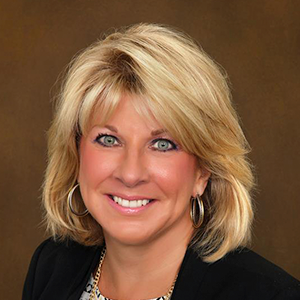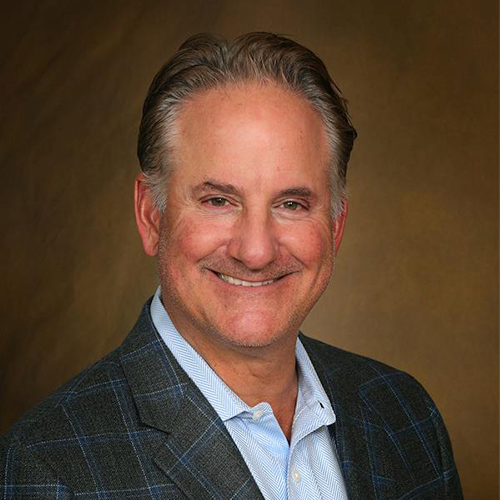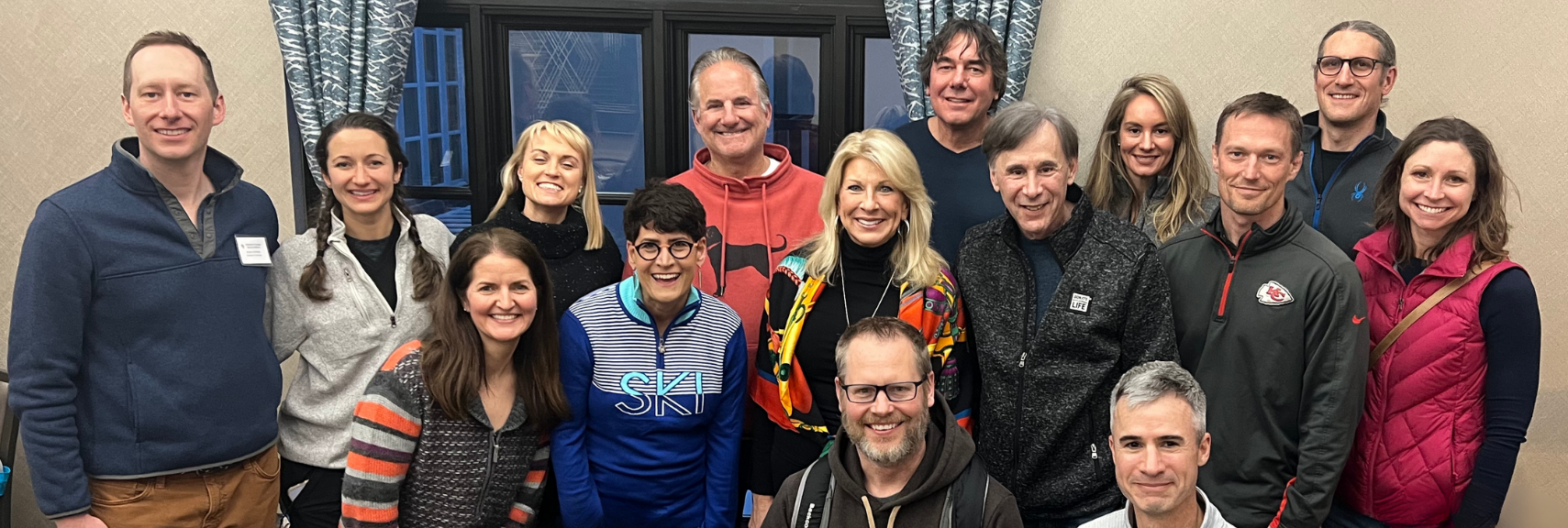Every March for more than 30 years, the best minds in transplantation have gathered in Colorado to delve into the most recent advancements and critical topics in transplantation at the Controversies in Transplantation conference. The tradition continued at this year's conference, held at the Grand Hyatt in Vail from March 1–3, preceded by the Young Investigator's Conference on February 29.
The Young Investigator’s Conference is a unique offering of the conference where residents and fellows are given a platform to present their research and receive feedback from top experts in transplantation. It's a chance not only to refine their research, but also to build networks within a supportive community of peers and seasoned professionals.
“I think this year was an outstanding year with really relevant and very controversial topics,” says Elizabeth Pomfret, MD, PhD, chief of the Division of Transplant Surgery at the University of Colorado Department of Surgery. “I am delighted with the feedback we have gotten so far and look forward to seeing more new faces again next year as the meeting continues to grow in popularity.”
Under Pomfret's guidance, the conference team zeroes in on the most cutting-edge and urgent issues in transplantation. They gather prominent experts from across the globe to offer their insights. This year, the spotlight was on robotic surgery and normothermic regional perfusion, making it a particularly notable edition of the conference.
Cutting-Edge Robotic Discussions
Robotics has transformed the landscape of transplantation, significantly improving patient care. Patients now experience quicker recovery times, enhanced wound care, and superior overall outcomes. One of the leading experts in the world on robotic surgery is Dieter Broering, MD, PhD, professor of surgery at Al Faisal University and executive director of the Organ Transplant Centre of Excellence at King Faisal Specialist Hospital & Research Centre in Saudi Arabia. His contributions to robotic transplantation are internationally recognized, and he traveled from Saudi Arabia to attend the conference in Vail.
Broering presented the Al Unser Memorial Lecture on Robotic Living Donor Hepatectomy and Living Donor Liver Transplantation. He shared his experiences on robotics in living donor liver transplantation and how living donor liver transplantation has revolutionized liver donation in the Middle East, where religious and cultural customs have resulted in most organ donations coming from living donors. Broering has trained numerous surgeons in robotic procedures, including surgeons from CU who traveled to Riyadh to learn cutting-edge techniques in robotics.
Not only did Broering present data and figures on living donor liver transplants, but he also showed some videos on his surgical techniques and answered questions from members of the audience on how they could perform the same robotic technique at their respective transplant centers.
Interestingly, Broering and Pomfret briefly worked together in the ‘90s when Pomfret went to Germany to train at the Broelsch School of Segmental Liver Transplantation. Today, they are both pioneers in living donor liver transplantation in Asia and America, respectively.
Normothermic Regional Perfusion
Expanding the donor pool has become a key focus for transplant centers throughout America, motivated by the lengthy waiting lists for vital organ transplants. A groundbreaking technology, normothermic regional perfusion (NRP), has emerged as a significant advancement in enlarging the donor pool.
The NRP technique improves the quality and functionality of organs donated after cardiac death by initiating artificial circulation through a mechanical circulatory device after death. This technique provides oxygen repletion to organs after a period of prolonged warm ischemia which allows for the assessment of organ function and viability for subsequent transplantation.
In Colorado, Jordan Hoffman, MD, associate professor of cardiothoracic surgery, was one of the first surgeons to bring NRP to America.
Initially, this technology was employed for the retrieval of hearts and lungs. Now, its application has expanded to include abdominal organs, offering more individuals the chance for a healthier life through organ transplantation.
James Pomposelli, MD, PhD, surgical director of abdominal transplantation at the CU Transplant Center and professor of transplant surgery, described his experience with NRP in a presentation titled “Necessity is the Mother of Invention: Abdominal NRP Liver Transplantation.”
He highlighted Colorado's profound legacy in the field, highlighting Thomas Starzl, MD, who performed the first kidney transplant in Colorado in 1962 and the first liver transplant in a human in 1963. “Dr. Starzl began with Donation after Cardiac Death (DCD’s), 55 years later, innovation to optimize DCDs preserves our future.”
Pomposelli also went on to introduce the Colorado Normothermic Regional Perfusion Assessment Form, poised to be integrated into the American Society of Transplant Surgeons’ standards.
He also shared some more insights on how Colorado has increased its liver transplant volume with NRP. The session was well-received, generating keen interest among attendees eager to learn more about adopting this technique in their centers.
Controversies in Transplantation has attracted a dedicated following nationwide. Roshan Shrestha, MD, a hepatologist at the Piedmont Transplant Institute in Atlanta, remarked, “I’ve been attending this conference since my early career days in liver disease and transplantation in the early '90s. This conference offers a casual environment, with no-nonsense, open, and honest debate on the most controversial issues in transplantation.
“It leads the way by discussing topics even before they are brought up in national and international transplant forums.”
Controversies in Transplantation is all set to return to Vail from March 7–9, 2025.





